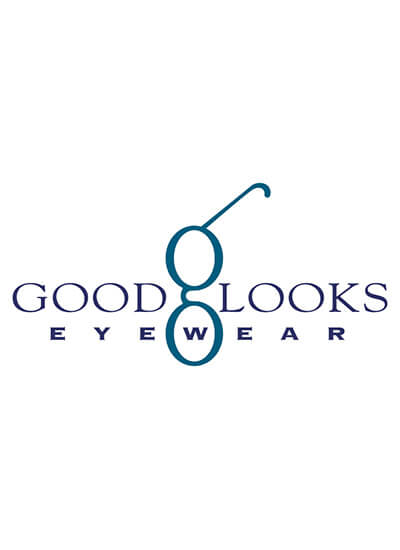Low Vision Doesn’t Have to Mean Low Ability
The term “low vision ” describes vision loss that makes daily tasks challenging. It’s essential to understand that normal aging of the eyes does not typically lead to low vision; rather, it results from an eye disease, injury, or both. Low vision symptoms include loss of central or peripheral (side) vision, blurred or hazy vision, or night blindness. A person may have trouble recognizing faces, reading, driving, and shopping. You must see your eye doctor if you experience any of these problems. They will check for and treat any underlying conditions and recommend resources for individuals with low vision. There are devices such as magnifiers, games, and computer tools to help with reading and daily tasks.Preventing Eye Injuries at Home Can Save Your Sight
Did you know that about half of all eye injuries occur in or around the home, often during improvement projects? The good news is that nearly all these injuries can be prevented by using protective eyewear. Every household should have at least one pair of certified safety glasses, empowering you to take responsibility for your eye health and prevent potential injuries. As we age, changes in vision and balance increase our risk of falling at home. Here are tips to prevent fall injuries to your body and eyes:- Make sure that rugs and shower/bath/tub mats are slip-proof.
- Avoid small rugs that can be a trip hazard.
- Secure stair railings so that they are not loose.
- Cushion sharp corners and edges of furnishings and home fixtures.
- Increase lighting in the home to help you see better.
Nourish Your Eyes With Exercise
Regular exercise provides good blood circulation and oxygen intake for our eyes. Exercise also helps keep our weight in the normal range, reducing the risk of sight-stealing diabetes. By committing to regular exercise, you can motivate yourself to maintain good eye health and overall well-being. Remember to practice sun safety tips and wear protective eyewear when participating in sports and recreational activities.Sleep Well for Healthy Eyes
As we sleep, our eyes enjoy continuous lubrication. Also, during sleep, the eyes clear out irritants such as dust, allergens, or smoke that may have accumulated during the day. This simple act of sleeping is vital for maintaining healthy eyes. While it’s essential to protect our eyes from overexposure to UV light, our eyes also need exposure to some natural light daily to help maintain regular sleep-wake cycles. We are here to help you on your journey to healthy aging, combating age-related vision symptoms long before you reach the golden years. We wish our patients prosperity and happiness as you AGE WELL, LIVE WELL, and SEE WELL!Observe Healthy Aging Month by taking care of YOU! Call TODAY to schedule your appointment.

References: American Academy of Ophthalmology and the American Optometric Association. This blog provides information and discussion about eye health and related subjects. The content provided within this blog and any linked materials are not intended and should not be considered medical advice. If the reader or any person has a medical concern, they should consult with an appropriately licensed physician.
